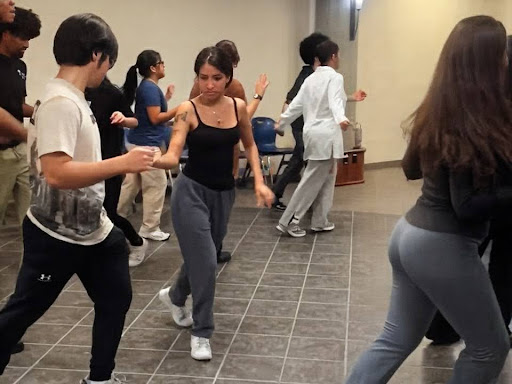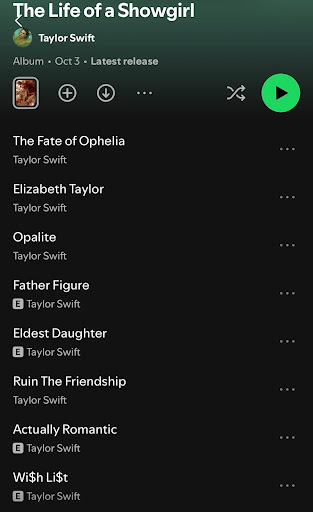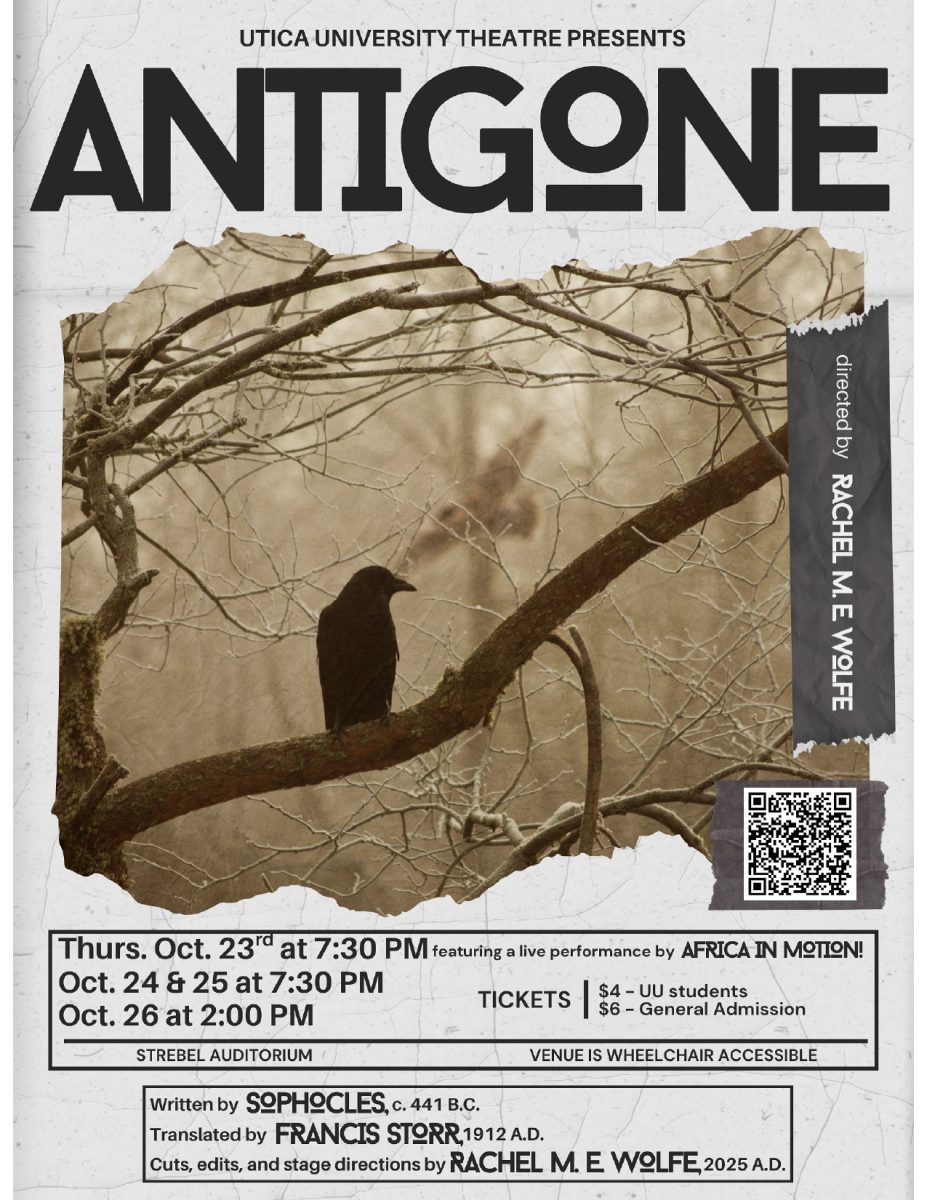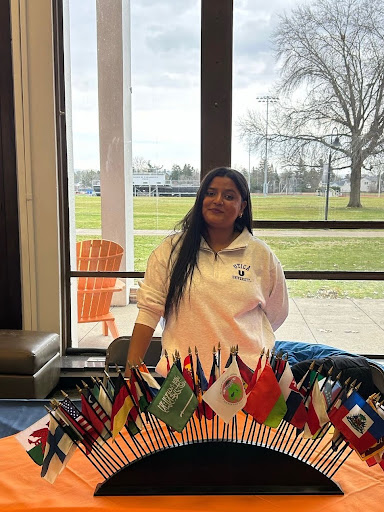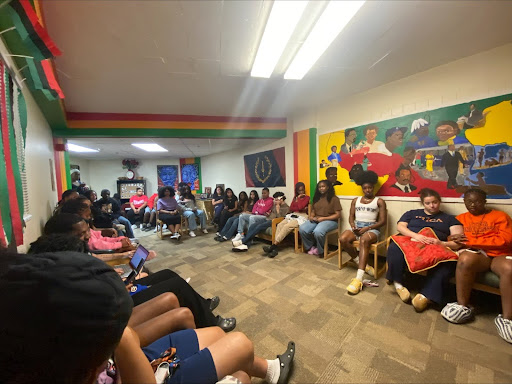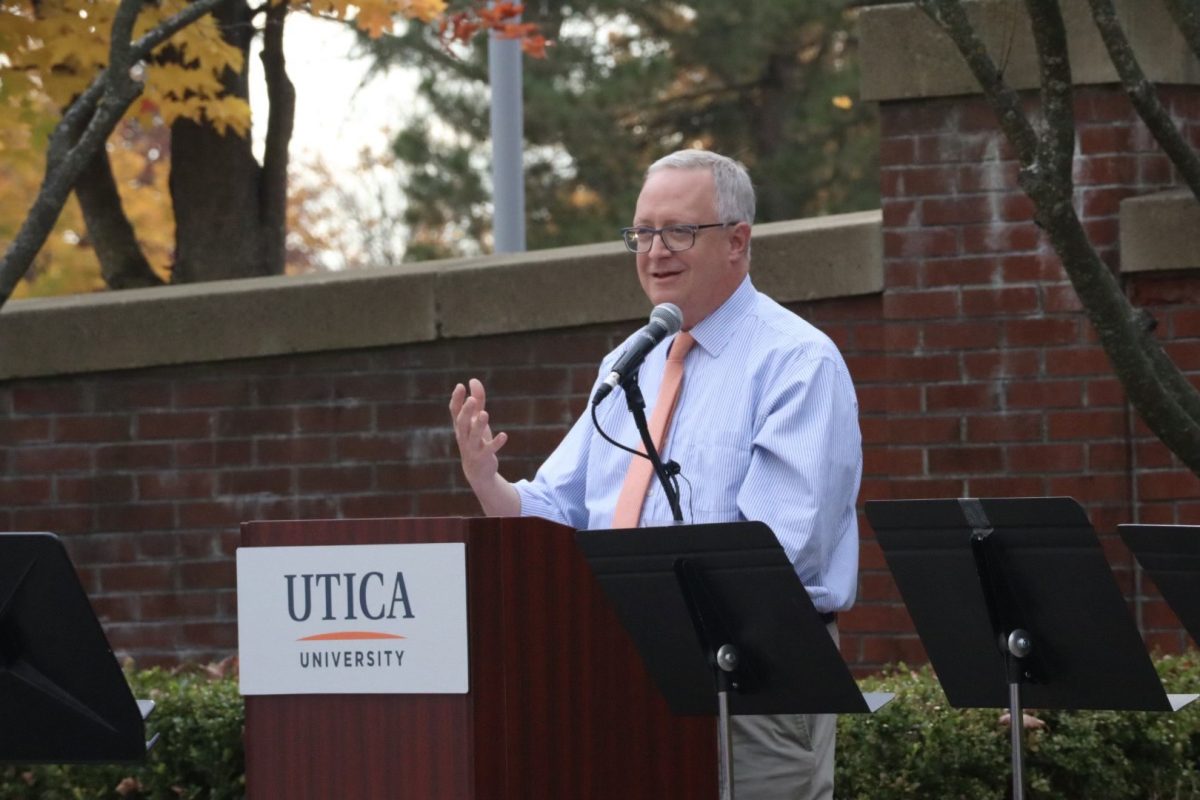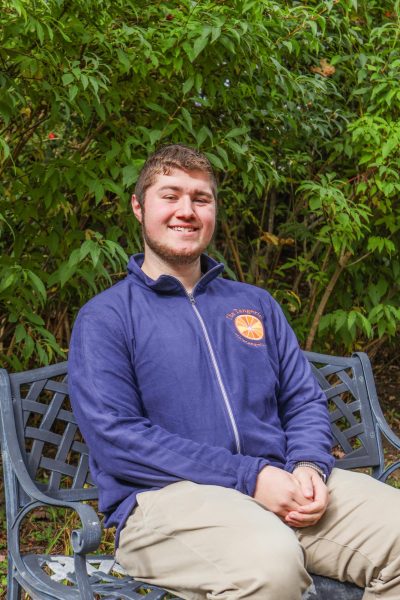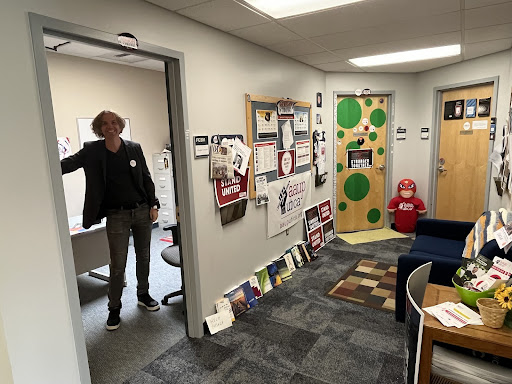
The Applied Ethics Institute at Utica University is partnering with the Virtual International Consortium for Truth Research (VICTR) in hopes of spreading more information about the way people think.
Associate Professor of Philosophy and Director of the Applied Ethics Institute Douglas Edwards is excited about the partnership and said it is a new way for students to experience philosophical thinking.
“One of the main mission statements of VICTR is to share work on truth,” Edwards said. “We want to push it beyond the regular academic formats.”
VICTR was initially set up as a result of the COVID-19 pandemic, Edward said, as a way for philosophers and students alike to continue speaking on major issues.
“It offers a virtual environment for people who work on truth,” Edwards said. “It allows us to communicate our ideas and present research. We’ve been able to organize a lot of conferences and talks over the past few years through it.”
According to Edwards, the partnership is a much-needed step forward for the philosophy program at Utica University since the university announced it is sunsetting the philosophy major.
“There was of course the academic portfolio review, which led to some questions about the role of philosophy at Utica,” Edwards said. “In a time where people believe disciplines and humanities, like philosophy, don’t have much relevance, it’s important to show how significant they actually are to everyday life.”
On Oct. 2, the first talk broadcasted to Utica University titled “Tricky truths: How should alethic pluralism accommodate racial truths” was held, aimed at examining how race is handled socially.
Ragnar Van Der Merwe, a post-doctoral research fellow at the University of Johannesburg and speaker during the talk, hopes that participants took away the message of truths not being divisible.
“They cannot be separated into realist versus anti-realist,” Van Der Merwe said.
According to Van Der Merwe, the VICTR system is one that affords the luxury of accessibility, allowing philosophers and researchers to spread their ideas.
“The online platform means that anyone can attend,” Van Der Merwe said. “The discussions can be interactive and productive [that way].”
This partnership is something that students and staff should look forward to, according to Edwards, as it will allow everyone the chance to think critically about the world they live in.
“It’s an opportunity to bring what we are doing in VICTR to Utica,” Edwards said. “We can give students a chance to engage with work on truth, morals and social issues.”




